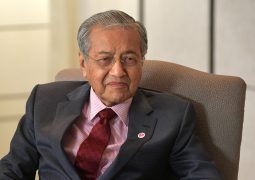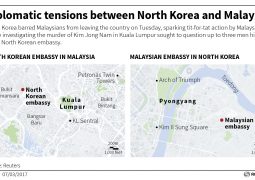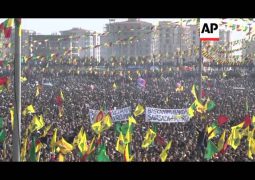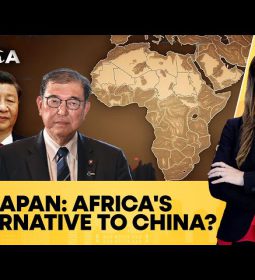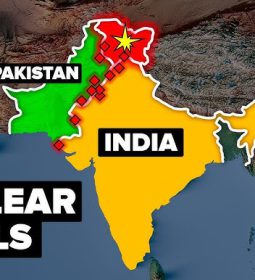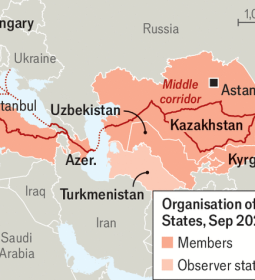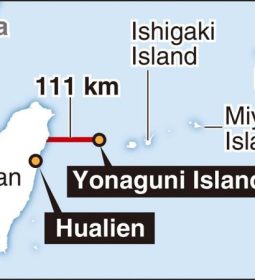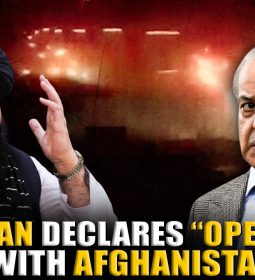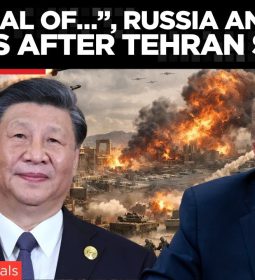The morning after the Party plenum before …
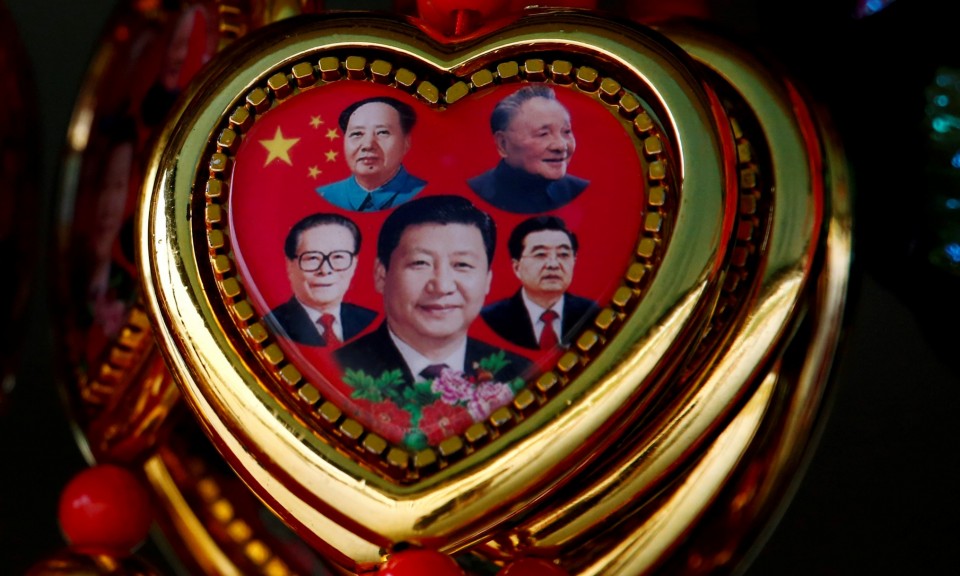
Deciphering the real meaning behind the much-anticipated communiqué from the four-day closed-door gathering of China’s ruling elite
Veteran China correspondent Chris Buckley, now at The New York Times, said Xi’s elevation to “core” status puts him “in the same revered ranks as Mao Zedong and Deng Xiaoping” — reinforcing his power to shape the new leadership of the Party.
The new title — adding to his roles as president, head of the Party, commander in chief of the military (and chairman of the Party’s three-strong ruling commission) and leader of the most important intra-party policy and reform coordinating groups — also carries a warning that officials should fall in line, Buckley wrote.
However, in a note of caution that echoed in many media reports of the Party’s four-day plenary meeting that ended yesterday in Beijing, Buckley said some observers were privately saying Xi “has amassed too much control and has eroded traditions of collective leadership, built up to prevent a return to the arbitrary abuses of Mao’s final decades.”
There has been speculation that Xi will seek to stay in power beyond the 10-year term that has come to be seen as the formalized system for transition of control in the Party and government.
The “core” has traditionally denoted a degree of individual authority unconstrained by term limits, Willy Wo-lap Lam, a Hong Kong-based professor of Chinese politics, told Agence France-Presse. “There’s no idea of tenure, [or] retirement age associated with the core.”
China has a constitutional limit of two five-year terms for the national president, another of Xi’s titles, but no formal rule on tenure for the general secretary of the ruling party, the post from which he derives his power, AFP said.
Economic reformer
Deng Xiaoping, the economic reformer who was China’s paramount leader throughout the 1980s and into the 1990s, and Mao Zedong were referred to as the “core” of the leadership. But Deng’s successor Jiang Zemin was only called the core of the third generation of leaders, effectively limiting the duration of the description, Lam told the agency. Xi’s immediate predecessor Hu Jintao never achieved the status.
Several reports interpreted the centralization of power around Xi as an indication of internal divisions in the Party or a recognition of the headwinds it faces: the slowing economy, inequality, corruption and friction with the US and Asian neighbors.
The Washington Post said Xi was in “the fight of his life,” while the view from farther to the left was unequivocal.
“Xi’s determination to stamp out any threat from rivals is not just the product of personal ambition, but reflects the inner crisis of the Stalinist regime,” said Peter Symonds, writing on the World Socialist Web Site, published by the International Committee of the Fourth International.
The Party, which “is rived with factional divisions and rests on a narrow social base, represents above all the interests of the superwealthy oligarchs who have enriched themselves from the process,” he said.
China’s state-controlled media sought to strike a balance between Xi’s newly endorsed ranking and the check and balances in China’s behind-the-curtains system of governance — known as democratic centralism.
“A core leader is critical for a nation, for a political party,” the People’s Daily said in an editorial published shortly after the meeting ended. “Formally [anointing Xi] reflects the common aspirations of the whole party, the whole military, the whole country and all of its people.”
Considering the grim domestic and international situation facing China, the country is “in dire need” of a strong core leadership, Zhuang Deshui, deputy director of the Research Center for Government Integrity Building at Beijing University, told the Global Times.
The Party mouthpiece added: “Unrestricted power or any unsupervised Party members are not allowed to exist.
“Supervision is the fundamental guarantee for exercising power properly, as well as a crucial measure for strengthening and regulating political life within the Party.”
The emphasis in the communiqué on democratic centralism “showcased the Party’s determination to prevent personality cults,” Global Times said.
The collective leadership system “must always be followed and should not be violated by any organization or individual under any circumstance or for any reason,” the communiqué said.
- Previous China’s stealth fighter unveiled in flyby debut
- Next Uzbekistan ranks 87th in “Doing business 2017” rating



